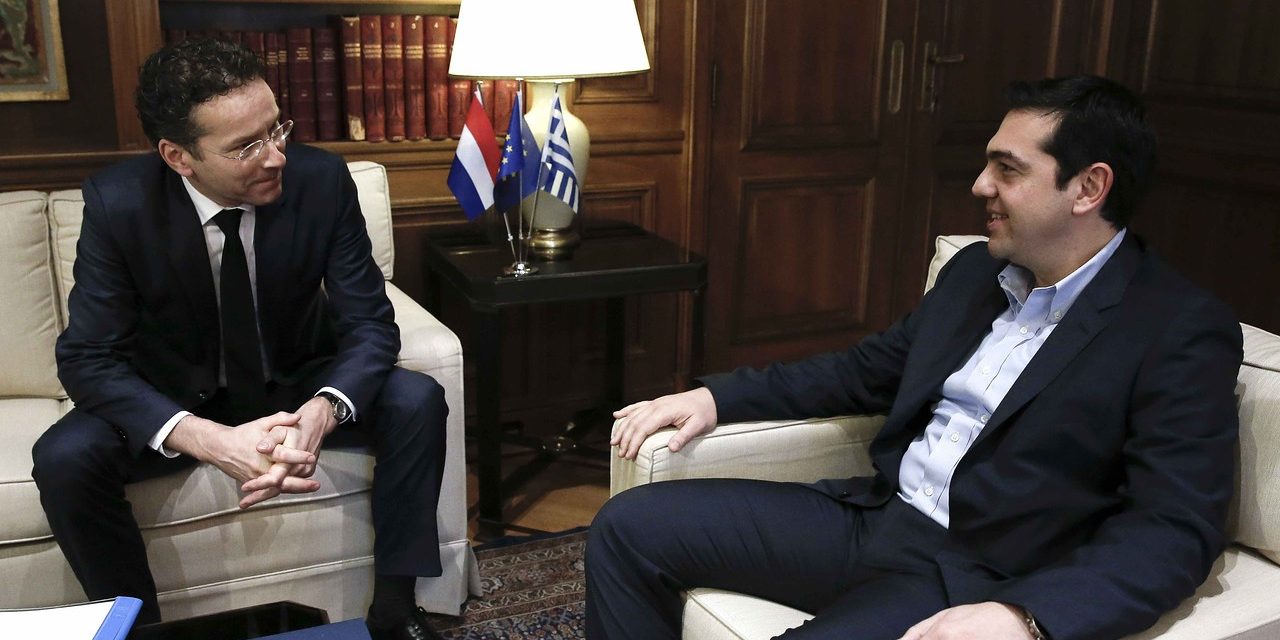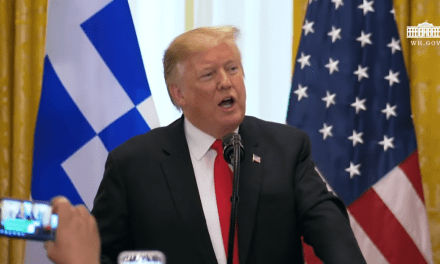ATHENS—Greece should avoid making any one-sided moves that could undermine relations with its international creditors, a top European official warned Friday after talks in Athens failed to produce much common ground over Greece’s bailout and debt program.
Speaking at a news conference, Jeroen Dijsselbloem —the head of the eurozone group of finance ministers—also cautioned Greece against rash moves that sacrifice the economic and budget reforms the country has made to date.
“Taking unilateral steps and ignoring previous arrangements is not the way forward,” Mr. Dijsselblloem said. “The problems of the Greek economy have not disappeared or changed overnight with the elections.”
Differences were plainly on display. Newly appointed finance minister Yanis Varoufakis said Athens had no intention of extending its current bailout, which runs out at the end of February.
Nor would Greece, he said, entertain further talks with its so-called troika of international inspectors from the European Commission, the European Central Bank, and the International Monetary Fund.
“Our government will move ahead looking for the best cooperation with the official institutions of the eurozone, the European Union, and with the International Monetary Fund,” said Mr. Varoufakis. “But we have no intention of working with a three member committee whose goal is to implement a program that we believe is based on an anti-European logic.”
Greek bonds sank, undoing a modest recovery earlier in Friday’s session. The 10-year yield surged by more than a percentage point to 11.05%. Shorter-term yields—which are highly sensitive to fears of potential default—rose even more sharply. The yield on a bond maturing in July 2017 climbed above 18%. Yields rise as prices fall.
New Prime Minister Alexis Tsipras has taken a defiant stance toward Europe, insisting on debt relief from fellow eurozone members.
The Greek government has made clear its intention to roll back a series of overhauls—from privatizations to cuts in the minimum wage—undertaken in exchange for the European-led €240 billion bailout.
Friday’s discussions are the start of a series of meetings Mr. Varoufakis will hold in a bid convince European leaders to accept changing terms outlined in the bailout agreement. Mr Varoufakis, is due to meet his Italian and French counterparts in the coming days.
Mr. Tsipras is due in Brussels next week to meet with European Commission President Jean-Claude Juncker, according to an EU spokesman. No date has yet been set for the visit, but the trip was planned when Mr. Juncker spoke with Mr. Tsipras on Monday evening, Margaritis Schinas, chief spokesman for the European Commission said.



















